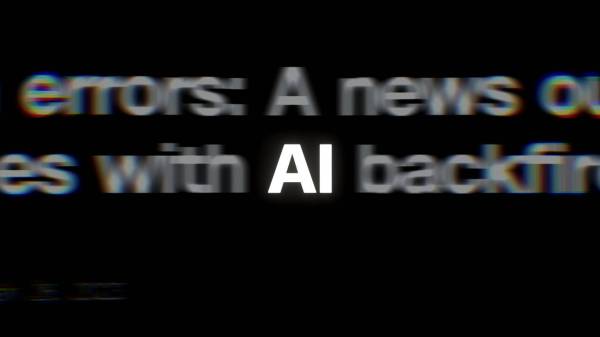$85 million in Medicaid errors? Louisiana Health Dept. says new system will help

A week after an audit identified tens of millions of dollars in potentially errant Medicaid payments in Louisiana, the state’s Department of Health is disputing those results and says a replacement system is up and running already.
A state auditor last week attributed $85.5 million erroneous payments over a 20-month period largely to outdated technology that could not track the data needed for wage verification. The health department responded almost immediately, announcing the launch of a new computer system that would automate much of the data gathering needed for a more accurate eligibility process.
The department also claimed, however, that “no improper eligibility judgements or payments were made.”
“Our position is that they’re not improper payments because we made decisions in accordance with our plan with [the Centers for Medicare and Medicaid Services],” Louisiana’s Medicaid director, Jen Steele, told StateScoop.
The office of the Louisiana Legislative Auditor Daryl Purpera is preparing a broader report, to be released later this month, that will evaluate the health department’s overall process for determining Medicaid eligibility. Meanwhile, the initial audit has stirred a political scuffle around the state’s 2016 expansion of Medicaid, made under the 2010 Affordable Care Act, that now has Republican U.S. Sen. John Kennedy calling for the resignation of Health Department Secretary Rebekah Gee.
“The report is stunning. It is breathtaking. There are not words in English to describe what our legislative auditor found,” Kennedy said in a press statement. “The Department of Health just threw the money in the dirt.”
The audit explored the department’s process for using state wage data when determining who should be eligible for Medicaid and found that while the department was adhering to its federal requirement to validate data annually — a frequency adopted by 20 other states — it could have averted payments to ineligible recipients if it had checked Louisiana Workforce Commission data quarterly.
Steele said the previous system, which the state had used for two decades, required case workers to explore this data manually, creating an intensive process that wasn’t always possible to complete. The health department had previously estimated it would cost $14.5 million to perform quarterly wage checks using the old system.
“The old system was literally one of those green screens you had to press function keys to get around,” Steele said. “And literally you went and checked a bunch of different green screens and checked information manually and made decisions manually.”
The new system is the result of a three-year project between the health department, the state Office of Technology Services and the consulting firm Deloitte. The $70 million contract with Deloitte has led to a system Steele said will allow the department to follow the advisements of the audit, including quarterly checks against state wage data beginning next January.
“The new system imports all that information automatically from a variety of state and federal databases and has a bunch of business rules that it runs against that data to automatically verify,” Steele said.
Though the health department’s inability to check wage data more frequently was backed by technical limitations, the issue has become a political one in light of a Medicaid expansion in the state initiated on July 1, 2016, that led to approximately 500,000 additional people qualifying for Medicaid in fiscal 2017, according to the Department of Health.
Kennedy introduced legislation this month that would require states to use of federal income tax data to determine eligibility not only for Medicaid, but assistance programs they administer, including food stamps and the Temporary Assistance for Needy Families. Currently, use of such data to validate eligibility is optional in Louisiana.
The auditor’s key recommendations, such as a call for more frequent wage data checks and a broader use of data sources, will be followed now that the health department has the technical capability to do so, Steele said. In the auditor’s report, the health department states that it agrees with all of the auditor’s recommendations and outlines plans for each, including a schedule to begin quarterly checks of Louisiana Workforce Commission wage data starting in January.
“The new baby is a week old, but so far it’s been very smooth,” Steele said. “So, are there little things cropping up? Sure. But they’re to be expected and really quite minor. As far as the checks that will begin in January, we’re confident that the capacity of the system is going to get us where we need to be.”






